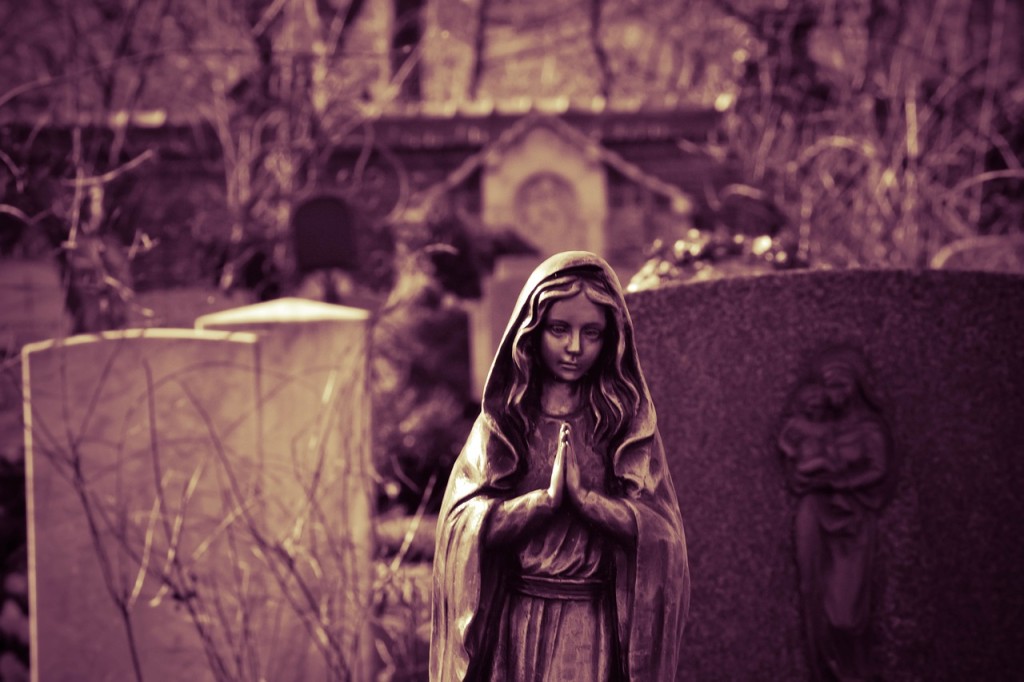19 May The Lord’s Prayer in Portuguese
 In today’s Living Hour post, we are going to share a translation of the Lord’s Prayer into Portuguese. In Portugal, the Lord’s Prayer is known as the “Pai Nosso” (Our Father) prayer. Among Catholics, Portugal is well-known as the country of “Our Lady of Fátima,” which refers to apparitions of the Virgin Mary which appeared to three, poor shepherd children (Lúcia Santos and Jacinta & Francisco Marto) in the small parish of Fátima.
In today’s Living Hour post, we are going to share a translation of the Lord’s Prayer into Portuguese. In Portugal, the Lord’s Prayer is known as the “Pai Nosso” (Our Father) prayer. Among Catholics, Portugal is well-known as the country of “Our Lady of Fátima,” which refers to apparitions of the Virgin Mary which appeared to three, poor shepherd children (Lúcia Santos and Jacinta & Francisco Marto) in the small parish of Fátima.
In addition to seeing the Virgin Mary, who shared with the children several prophecies (the 3rd of which remains under much debate), the children allegedly saw an angel who called himself both the “Angel of Peace” and “Angel of Portugal” and who taught them the following prayer: “My God, I believe, I adore, I hope, and I love you. I ask pardon for those who do not believe, do not adore, do not hope and do not love you.”
Lúcia Santos later set this prayer to music and there is a recording of her singing it. However, the Lord’s Prayer and the Rosary remain the most well-known prayers among Catholics in Portugal today.
The Our Father Prayer in Portuguese Translation
Pai nosso, que estáis no céu;
Our Father who art in heaven;
Santificado seja o Teu Nome;
Hallowed be Thy Name;
Venha o Teu Reino;
Thy Kingdom Come;
Seja feita a Tua Vontade;
Thy Will be done;
Assim na terra como no céu;
On earth as it is in heaven;
O pão nosso de cada dia nos dai hoje;
Give us this day our daily bread;
E perdoai as nossas ofensas;
And forgive us our trespasses;
Assim como nós perdoamos;
As we forgive those who trespass against us;
E não nos cair em tentação;
And lead us not into temptation;
Mas livrai-nos do mal;
But deliver us from evil;
Pois Teu é o reino, o poder e a glória;
For Thine is the Kingdom, the Power, and the Glory;
Para sempre;
Forever and ever;
Amém.
Amen.
To compare this version of the Lord’s Prayer in Portuguese with the Our Father prayer in Latin, please go to: The Lord’s Prayer in Latin. And don’t forget to check out our contemporary version of the Gospels here at LivingHour.org, as well as essays on Progressive Christianity.
